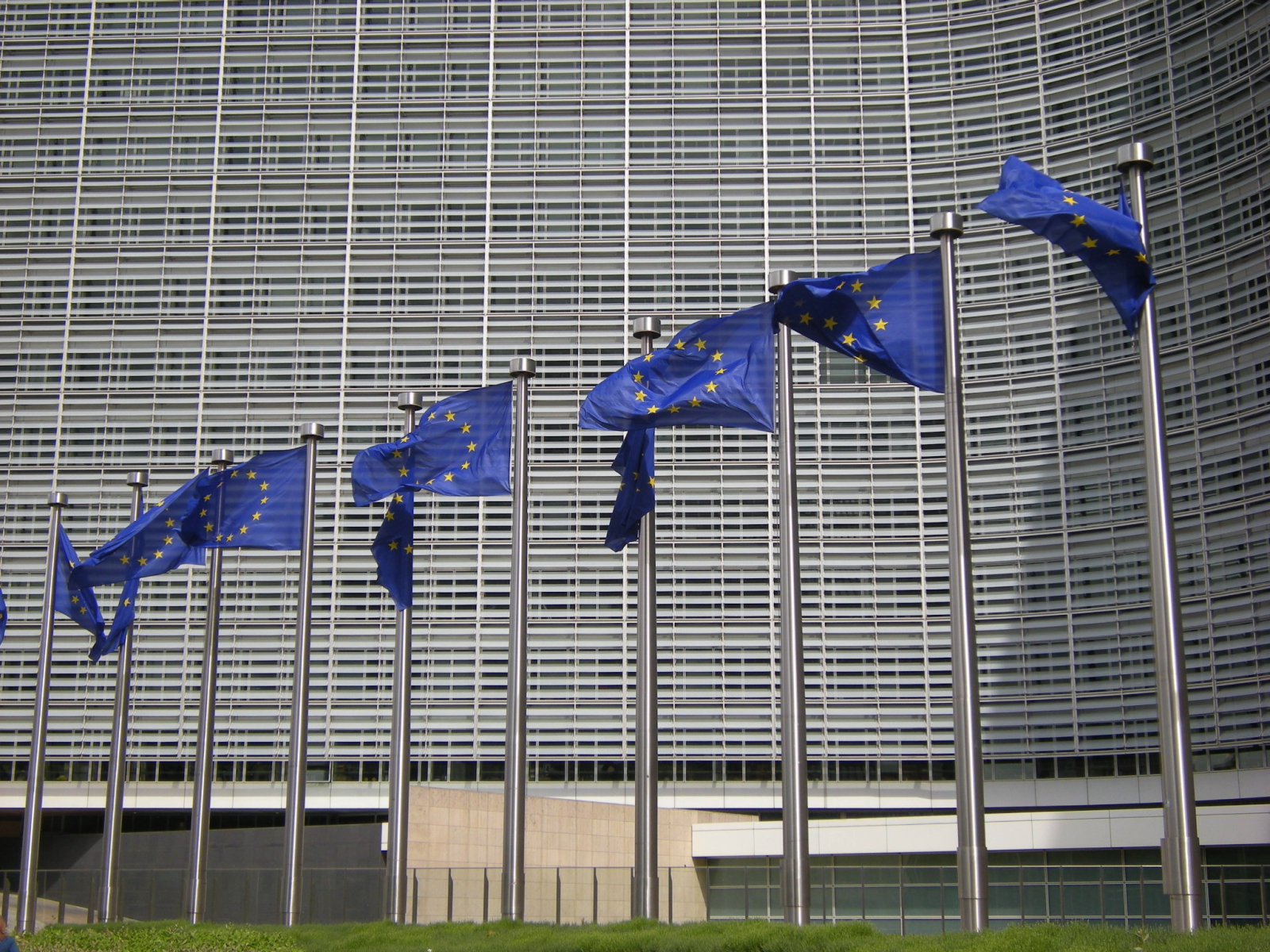
Practical information
Almost all member states and EU institutions have included "EU reform" within their lexicon, but its definition differs from one actor to another. This event will focus on the debates over integration emerging from talks of "EU reform".

Two streams of thinking stand out: the reality that further integration is not a priority; and second, the fact that some policies may be incomplete if they are not complemented with missing pillars, especially within the EMU.
Can we, or even should we, envisage other modes of integration, perhaps rooted in deeper integration of the Eurozone? If further integration is required within the EU, what needs to be done to make it acceptable to public opinions across Europe? Can we manage different levels of integration without leading to an unsustainable fragmentation of the Union?
Those questions have received far too little attention compared to their likely salience in European debates in the years ahead and more decisively to their importance for the future of the EU.
Speakers
Artur Orzechowski, Director of the European Policy Department, Ministry of Foreign Affairs, Poland
Ivan Rogers, Permanent Representative of the United-Kingdom to the European Union
Pierre Sellal, Permanent Representative of France to the European Union
Vivien Pertusot, Head of Ifri Brussels
Moderator: Mikael Carpelan, journalist.
This event is postponed until further notice.
Other events

From Ambition to Action: Exploring Technological Partnerships with India
The 16th EU-India Summit, held on January 27th in New Delhi with European leaders António Costa, Ursula von der Leyen, and Prime Minister Narendra Modi, marks a significant milestone in deepening EU-India relations. At the same time, official bilateral visits from EU member states are on the rise, including that of the French President, who visited India in February to participate in the Artificial Intelligence Summit. As India asserts its technological ambitions and seeks to reduce its dependence on China, Europe is stepping up its efforts to diversify its strategic partnerships.

The Enlargement of the European Union: A Strategic Choice? France, the Western Balkans and the EU in an Uncertain Geopolitical Context
Russia’s war against Ukraine has brought the enlargement of the European Union back to the centre of European strategic debates. In this context, the Western Balkans have regained heightened visibility in discussions on the continent’s security, at a time when the international environment is marked by a growing number of destabilising factors.






